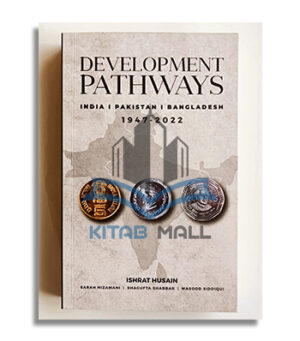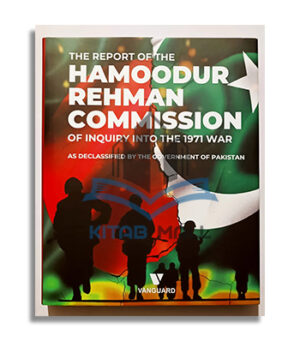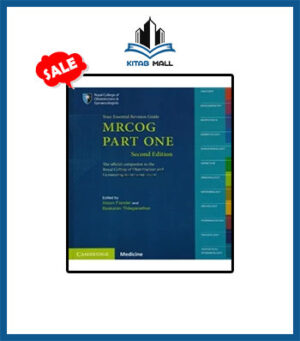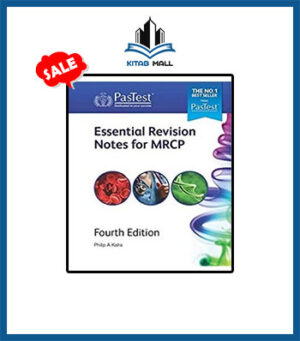Description
Qaum, Mulk, Sultanat: Citizenship and National Belonging in Pakistan is a powerful scholarly work that investigates the concept of citizenship, identity, and belonging in Pakistan. It examines how the state, society, and religion intersect to define who qualifies as a “citizen” and how ideas of nationhood, loyalty, and sovereignty are constructed in Pakistan.
Drawing on historical, legal, and sociological perspectives, the book highlights the struggles of marginalized communities, religious minorities, and political groups who have often been excluded from the state’s dominant narrative of qaum (nation), mulk (country), and sultanat (state/sovereignty). It critically analyzes how ideology, law, and politics have shaped the experiences of citizenship in Pakistan since 1947.
This book is a must-read for academics, students, policymakers, and readers of South Asian politics and identity studies. It offers an eye-opening exploration of how concepts of belonging are contested and redefined in a society grappling with modernity, pluralism, and democracy.












There are no reviews yet.